Over 90% of cars on the road are equipped with internal combustion engines, and a vast majority run on gasoline. Some of the most critical components of a gasoline engine ignition system are the spark plugs, so if yours fail, it’s important to replace them right away, and to make sure you get the right replacements for your specific vehicle and needs.
But with all the different kinds of spark plugs on the market today, which ones should you get? In this article, we’ll give you a rundown on the two most popular types: platinum and iridium.
Platinum or Iridium Spark Plugs: What’s the Difference?
If you’re looking to upgrade or replace your spark plugs, there are two common types you’re most likely to end up looking at: platinum and iridium. These two metals offer their own advantages and disadvantages, which we’ll discuss below.

Platinum Spark Plugs
A platinum spark plug, as its name suggests, has platinum electrodes that can handle heat better than copper. Platinum has a melting point of up to 3,215 degrees Fahrenheit. Comparing that to copper’s melting point of just 1,984 degrees Fahrenheit should give you an idea of how long platinum spark plugs can outlast copper spark plugs.
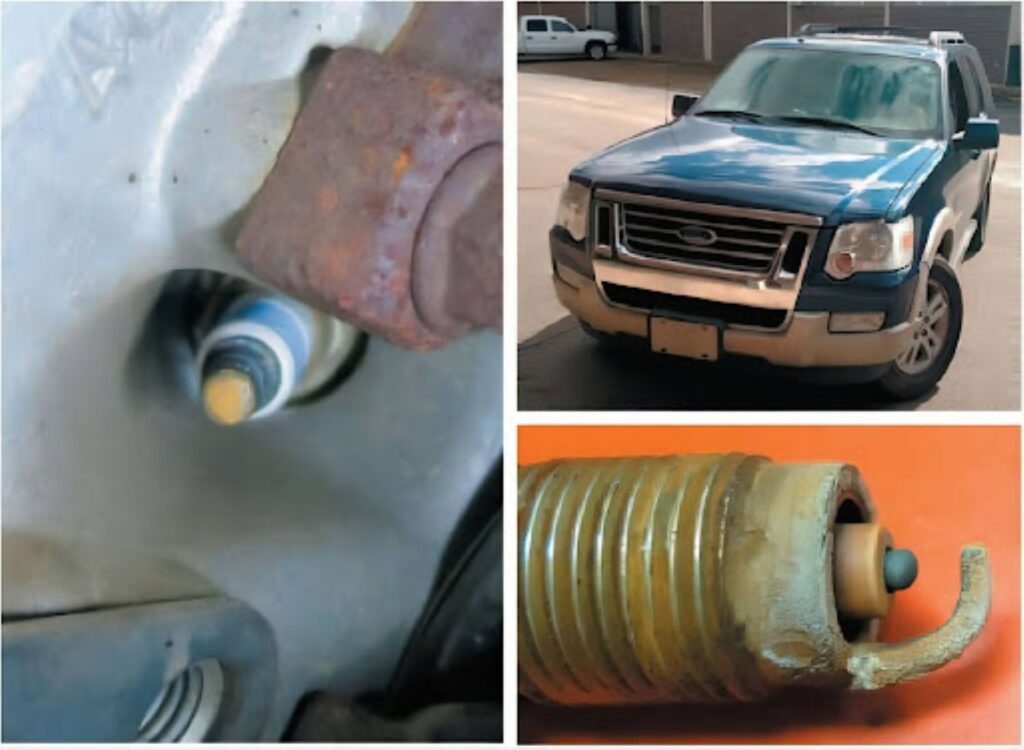
There are two basic varieties of platinum spark plugs—single and double platinum. Single platinum spark plugs feature a platinum disc welded on the center electrode, while double platinum spark plugs have platinum discs on the center and side electrodes. The only drawback of platinum is that it’s less conductive than copper, so it is inferior to the latter when it comes to performance, but you won’t notice it at all.
Pros: Lasts longer than copper; replaced every 60,000 miles
Cons: Poorest in performance compared to copper and iridium
Iridium Spark Plugs
When it comes to handling heat, iridium is the best among the three, including copper. Iridium has a melting point of up to 4,471 degrees Fahrenheit, which is almost three times the melting point of copper. Note, however, that spark plugs never get this hot. Since iridium is harder than platinum, it offers better performance—but it’s still not comparable to that of copper, which is the most conductive among the three.
Another advantage of having iridium spark plugs is that they use less voltage compared to platinum and copper. Iridium spark plugs are easily distinguished by narrow electrode tips that look like the tip of a pen. Most iridium spark plugs feature a shaped channel on the electrode, which prevents sparks from extinguishing.
Iridium is also known for its ability to create a higher quality of flame, which promotes a more concentrated spark to the cylinder.
The only downside with iridium spark plugs is that they’re typically the most expensive on the market.
Pros: Has the longest lifespan among the three; changed every 80,000 to 100,000 miles; requires less energy/voltage
Cons: Expensive
Iridium vs. Platinum: Which is Better?
Now that you know the pros and cons of platinum and iridium, let’s figure out which one is best for your needs. There are three aspects to weigh when comparing iridium to platinum: cost, efficiency, and reliability.
Platinum may be harder than copper, but iridium is the hardest among the three, and iridium spark plugs outlast platinum spark plugs by almost twice the mileage. The only issue with iridium is that it costs double the price of platinum with little improvements in performance.
Platinum spark plugs offer a slightly cheaper but less reliable option if you don’t want to spend as much on iridium spark plugs. It yields decent longevity but ranks the poorest in performance.
Platinum spark plugs are also recommended for cars with an electronic distributor ignition system, while double platinum spark plugs best fit vehicles with a waste spark distributor ignition system.
If you’re not a fan of the idea of replacing spark plugs every 60,000 miles or so, iridium can reach up to a 120,000-mile life cycle. It offers better performance than platinum, but with the downside of a higher cost.
Iridium spark plugs come standard on select modern vehicles.
Still can’t decide? Here’s our overview of iridium vs. platinum spark plugs, on a scale of one to five stars:
Platinum Spark Plugs Rating
Performance – ★★
Longevity -★★★
Cost – ★★★
Iridium Spark Plugs Rating
Performance – ★★★
Longevity – ★★★★★
Cost – ★★
Compared To:
Copper Spark Plugs Rating
Performance – ★★★★★
Longevity – ★
Cost – ★★★★★
Back to Basics: Spark Plugs 101
Before you make your final decision, it’s important to understand just how big of a role your spark plugs play in your engine’s performance. Here’s a quick refresher on what they do and how they do it:
What is a Spark Plug, and Why is it Important?
A spark plug is one of the smallest but most vital components in an internal combustion vehicle. Fitted on top of each engine cylinder, spark plugs supply your engine with the spark it needs to begin the combustion cycle. The piston, which is controlled by the crankshaft’s motion, compresses the fuel-and-air mixture during the compression cycle.
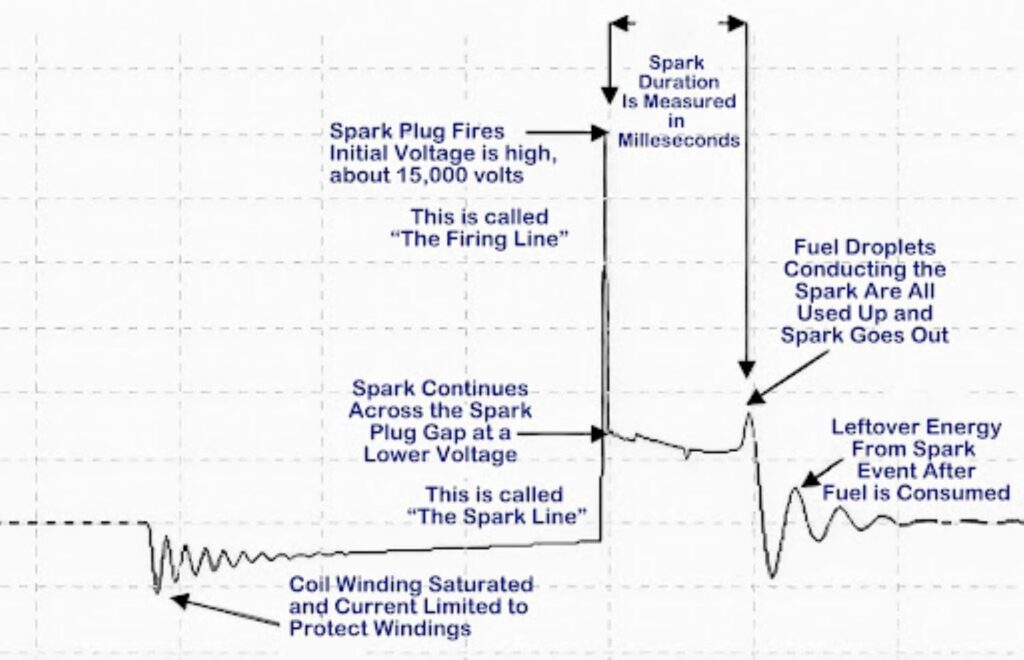
When the fuel/air charge is compressed, the spark plugs trigger each combustion event at the precise moment it is needed for maximum power and efficiency. This is done by creating an arc of electricity between two electrodes found at the tip of each assembly. When every cylinder is carrying an equal share of the load, the engine runs smoothly.
Why Does the Metal on a Spark Plug Matter?
At the tip of a spark plug lies two metal electrodes that provide the air gap and place it in the combustion chamber so that when the secondary ignition system sends the high voltage spark to ignite the air-fuel mixture, it happens in the right place at the right time. The center and side electrodes,are separated by a carefully set gap across which the arc happens.
The oldest type of spark plug has a copper inner core. Copper has a low melting point, so it is coated with nickel-alloy to reinforce its durability.
Since copper is far less durable than platinum or iridium electrodes, copper spark plugs are commonly found in cars manufactured before the 1980s, when cars were built with fewer electronic components.
Some sources say copper spark plugs need to be changed every 20,000 miles, but also keep in mind that copper plugs can last up to 100,000 miles on modern fuel-injected vehicles. If your budget is tight, don’t feel bad about using the copper spark plugs instead of the more expensive ones. The more superior types of spark plugs feature platinum and iridium electrodes and are two to three times more durable than the outdated copper spark plug.
Copper plugs can last up to 100,000 miles on modern fuel-injected vehicles. If your budget is tight, don’t feel bad about using the copper spark plugs instead of the more expensive ones.
–Richard McCuistian, ASE Certified Master Automobile Technician
Where to Get Quality Replacement Spark Plugs for Your Vehicle
A spark plug might be one of the smallest parts in your vehicle, but it can cause big problems if it stops working. Your engine is likely to misfire, hard start, and rough idle. It might even fail to function outright, leaving you stranded. Luckily, you can avoid all that by easily getting new spark plugs from CarParts.com.
Whether you’re looking for iridium or platinum spark plugs, you’re sure to find the best fit for your vehicle at CarParts.com. Our extensive catalog guarantees a wide array of spark plugs to choose from. You can also easily browse through our selection by using our vehicle selector and search filters.
Don’t wait until you’re stranded because of faulty spark plugs. Check out our quality selection of iridium and platinum spark plugs today at CarParts.com.
Products Mentioned in this Guide
Shop this Project



Any information provided on this Website is for informational purposes only and is not intended to replace consultation with a professional mechanic. The accuracy and timeliness of the information may change from the time of publication.



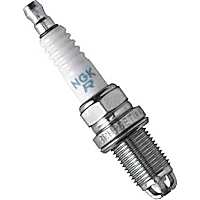 Spark Plug
Spark Plug
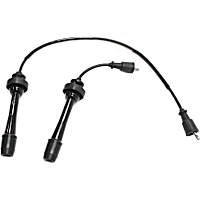 Spark Plug Wire
Spark Plug Wire

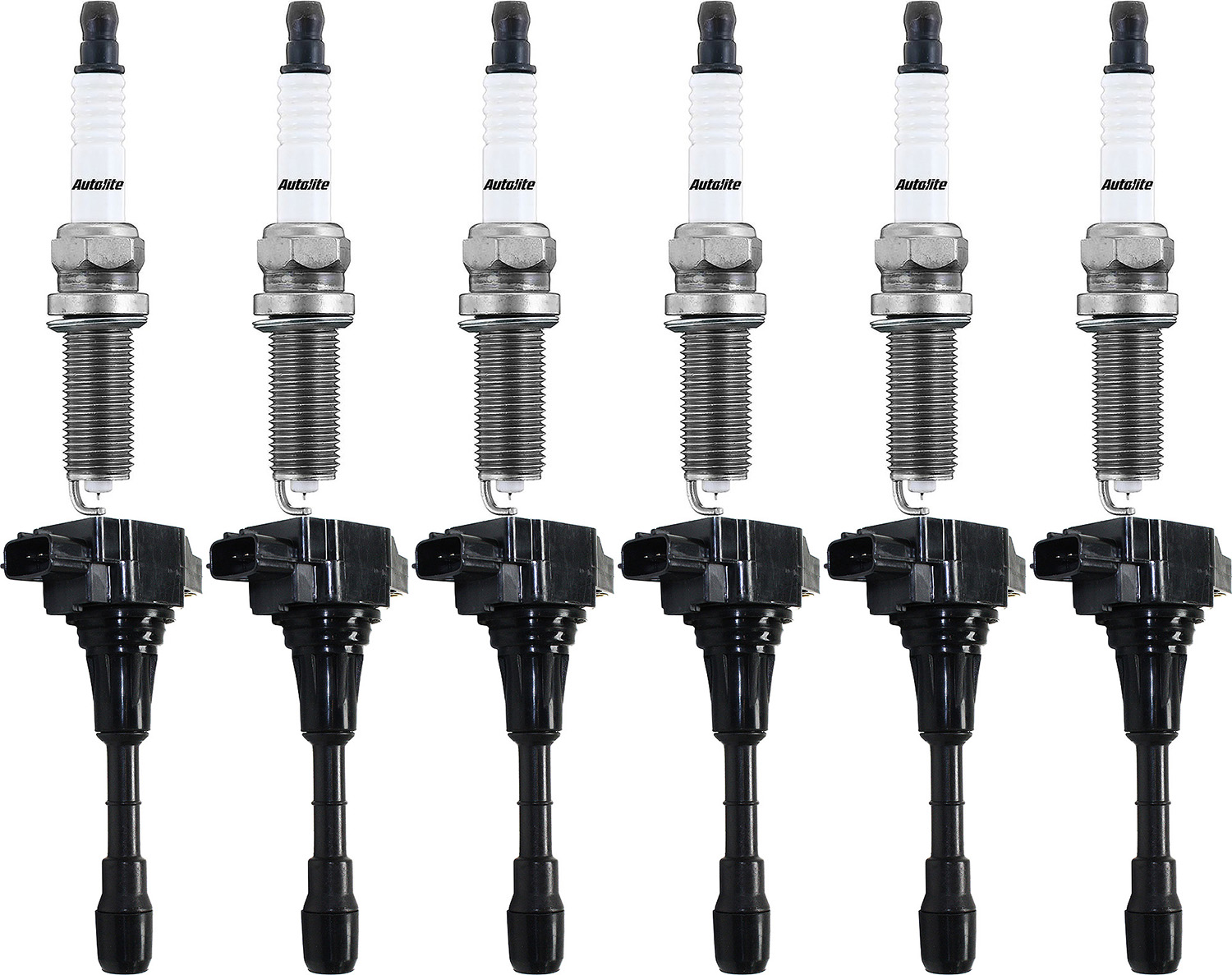
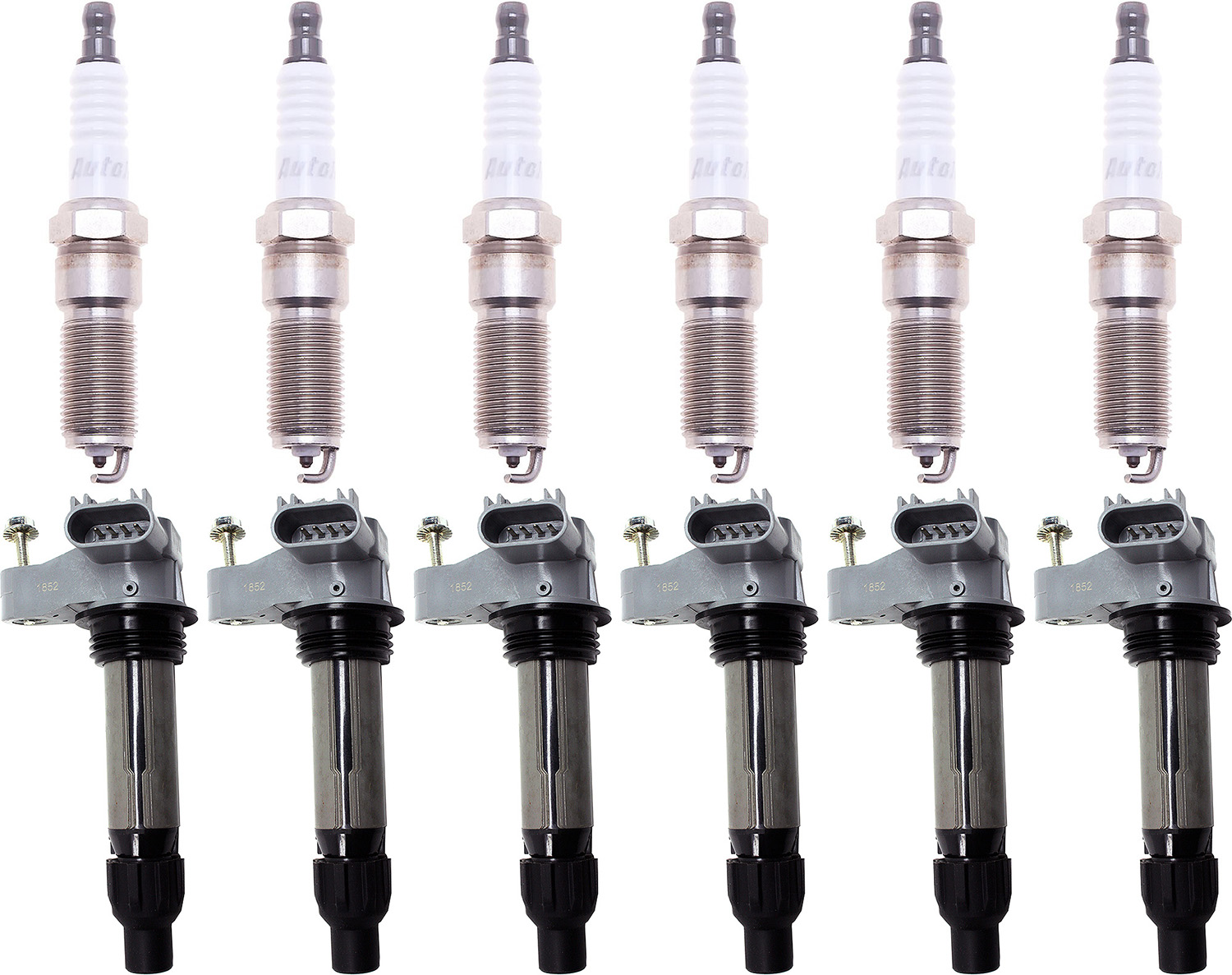



























IRT spark plugs what does best performance mean? More HP? Smoother ride??
Hi Bob,
Iridium plugs have a longer service life than platinum or copper plugs. Their excellent wear characteristics keep them performing better, longer.
Thank you!
does either provide any advantage in terms of fuel efficiency
Hello Seymour,
Any difference in fuel economy would be negligible. When selecting the right type of plug for your application, it’s usually best to go with whatever the vehicle manufacturer recommends. You can find this information listed in your owner’s manual.
Considering how hard it is to change spark plugs in most modern cars, I would go with the best. The iridium. You don’t want to change them anymore than you have to.